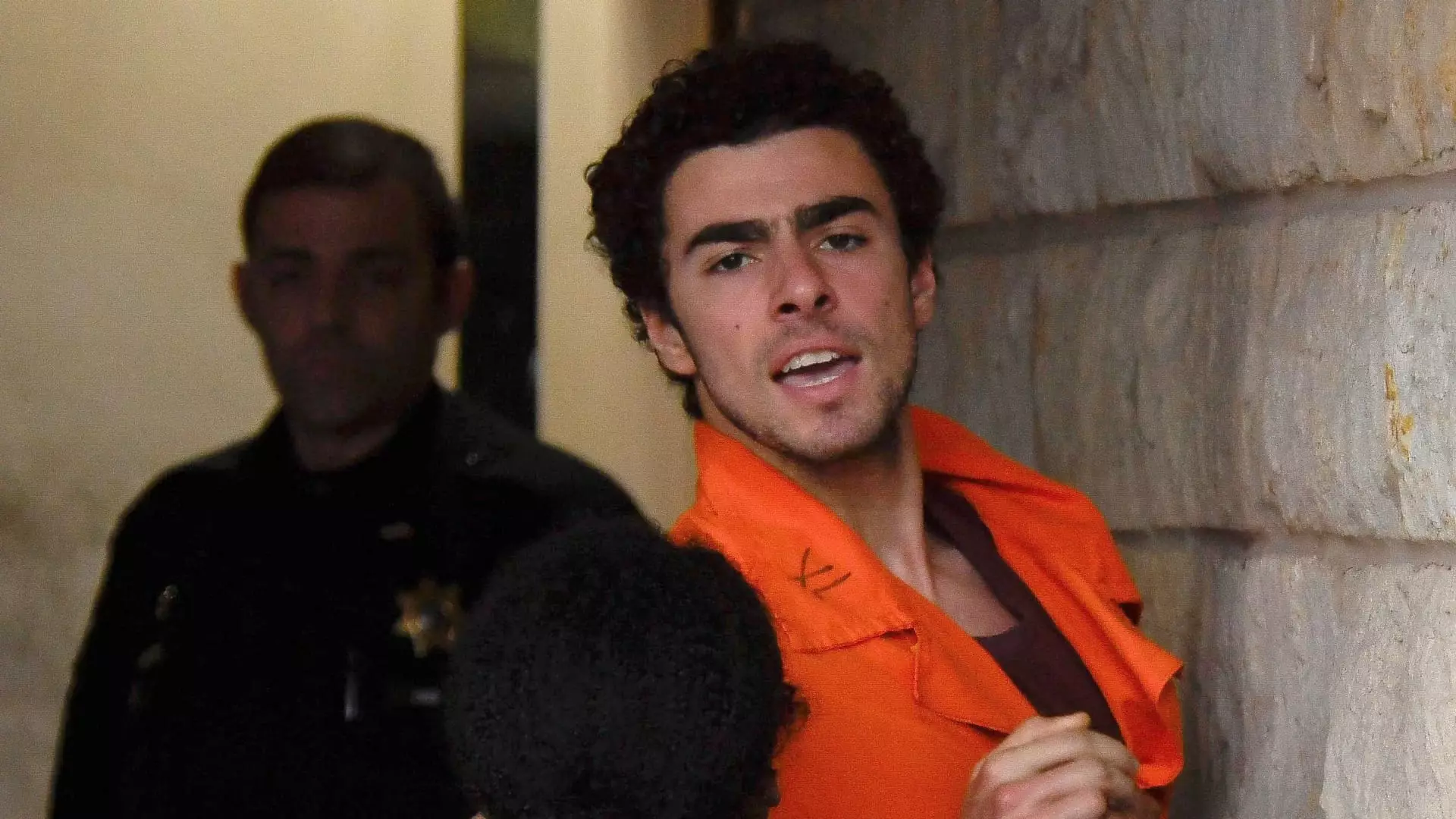The recent arrest of Luigi Mangione has sent shockwaves through both media and legal circles, given the gravity of the charges against him. Accused of murdering Brian Thompson, the CEO of UnitedHealthcare, Mangione has engaged sought-after legal representation in Karen Friedman Agnifilo, notably a former chief assistant district attorney in Manhattan. This decision marks a tactical move by Mangione and illustrates the gravity of his situation. Agnifilo’s extensive background in prosecutors’ roles undeniably brings a wealth of experience to the defense, especially considering her tenure overseeing the trial division under Cyrus Vance Jr. However, while her appointment suggests Mangione’s determination to mount a robust defense, the lack of immediate public commentary from Agnifilo raises questions about the legal strategy being employed.
Mangione’s apprehension in Altoona, Pennsylvania, is as riveting as the charges he faces. Authorities had been on a frantic manhunt until he was located in a McDonald’s, reportedly with incriminating evidence in his backpack. At just 26 years old and hailing from a well-known Baltimore family, his background adds layers of intrigue and complexity to the narrative surrounding his alleged actions. Once arrested, he was charged with multiple offenses, including murder and various counts related to weapon possession and forgery. His duel with the law extends beyond New York, as he faces additional charges in Pennsylvania. The sight of a young man facing such serious accusations and the fallout from his actions echoes broader societal questions about privilege, accountability, and the justice system.
With his high-profile legal representation, Mangione is clearly prepared to contest the charges against him. However, the legal terrain remains rocky, particularly as he fights extradition to New York. The isolation he faces in Huntingdon State Correctional Institution adds a layer of intrigue; confined without television access and limited social interactions with other inmates, his situation embodies a precarious balance between legal strategy and psychological well-being. The arrest has sparked a diverse range of community reactions, including a fundraising effort on GiveSendGo, which significantly diverges from the standard crowdfunding platforms that ceased support. This fundraising campaign, having raised substantial amounts, reflects a segment of the community willing to advocate for Mangione’s right to a fair legal representation—a fundamental constitutional right that complicates the public discourse on morality, legality, and the implications of such support.
The implications surrounding Mangione’s case reach far beyond the courtroom. The presence of fundraisers for his defense raises ancillary ethical considerations in the context of violent crime. As donors navigate the treacherous waters of public support for controversial figures, critical discussions about crime, punishment, and advocacy surface. Moreover, the contrasting stance of different platforms toward Mangione’s fundraising illustrates an evolving landscape in community engagements with legal defense efforts. The juxtaposition of social responsibility against the backdrop of legal rights continues to fuel debates, suggesting that this case may serve as a pivotal moment for discussions about the intersection of wealth, crime, and justice in contemporary society.
Luigi Mangione’s case is emblematic of wider societal questions and dynamic legal struggles. As the situation continues to unfold, how it is navigated by all parties involved will likely have varying ramifications for the realities of accountability and representation—questions that resonate deeply in the fabric of legal and social frameworks we navigate today.

